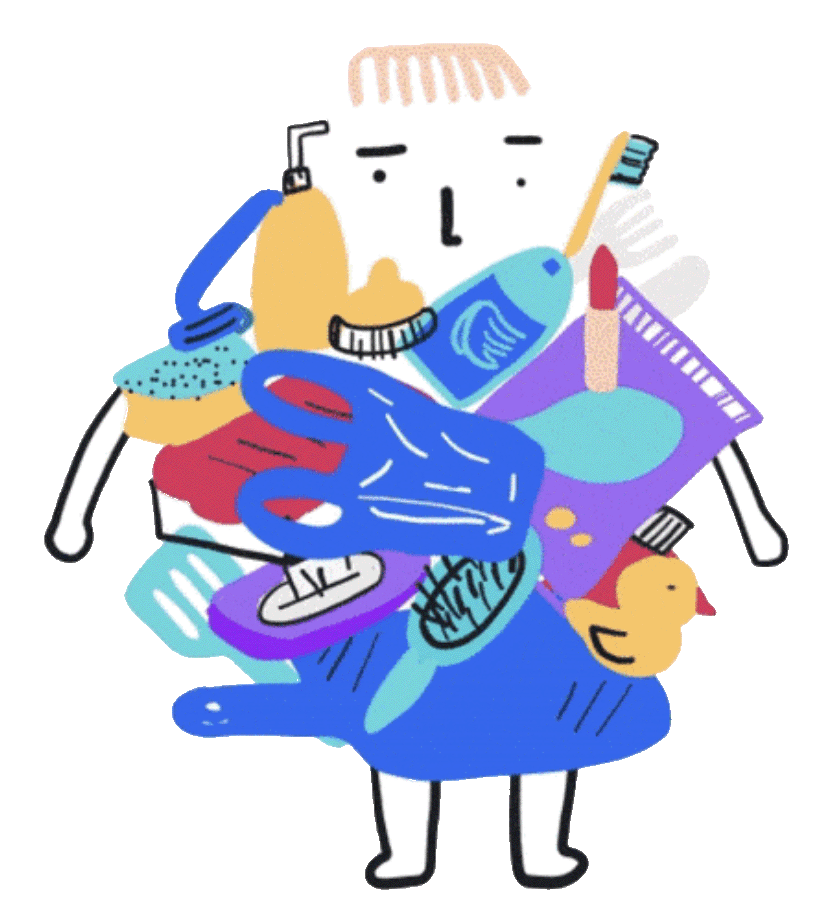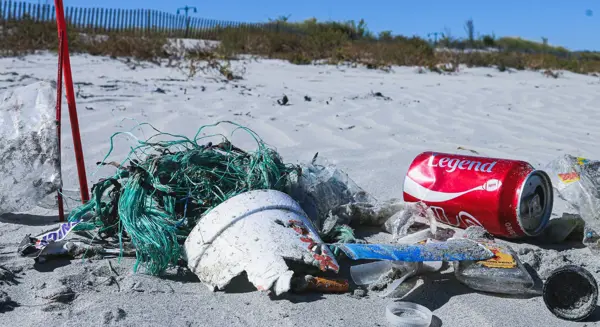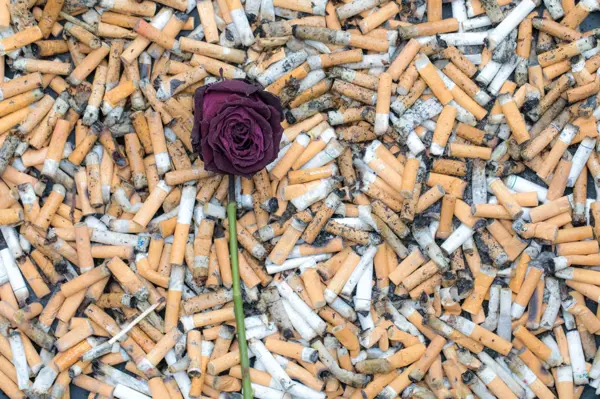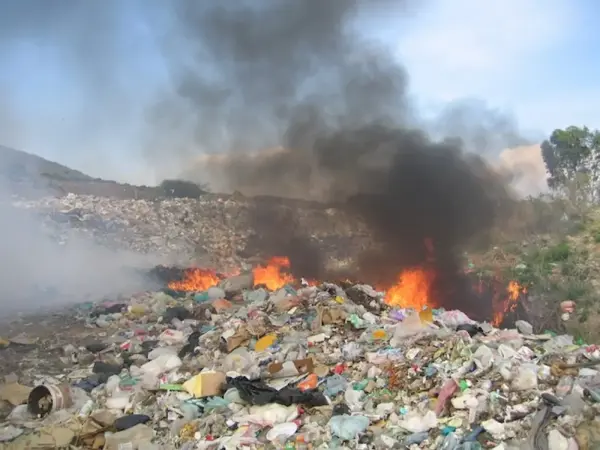Since the 1950s, the use of plastic has boomed. It is also since then that large multinationals like Coca-Cola have invested in campaigns to educate the public, under the credo ‘Packages don't litter, people do’. Consumers are educated to neatly dispose of waste and at once made responsible for it. The underlying intention is clear: companies can continue to market unlimited plastic packaging as long as they themselves are not responsible for the end-of-life phase. Special organisations have been set up for these specific campaigns, which are also funded by these multinationals. Keep America Beautiful has existed since 1953 and later sister organisations in other countries were added. The current plastics soup crisis proves that attempts to put responsibility on the consumer's plate have been anything but effective.
Behavioural influencing
Of course, no one can deny the importance of good education to influence consumers' behaviour to handle waste carefully. But can the plastics soup be combated by behavioural change alone? Half a century of education campaigns in the United States have achieved nothing. In recent years, US cities are increasingly moving to ban certain items, such as plastic bags and disposable cups. This is because plastic pollution has become out of control. Only now what the industry is trying with all its might to prevent with information campaigns is happening: that governments will levy packaging taxes, that certain products will be banned from the market, or that compulsory deposits will be introduced.
Coca-Cola's World Without Waste campaign
Coca-Cola has been running the ‘World Without Waste’ campaign since 2018. Part of this is that by 2025, all packaging around the world will be retrieved for recycling in collaboration with local organisations. It sounds great and ambitious, because we are talking about three million tonnes of plastic packaging a year, the equivalent of 200,000 bottles every minute. So not a single bottle should enter the environment anymore. Will it succeed? In the Netherlands, the strategy has been elaborated in the ‘Let's not waste this Summer’ campaign. Consumers are urged not to buy Coca-Cola if they do not help the company to recycle the packaging. Everyone must return the packaging responsibly. Those who do so will be eligible for a prize. Would people who are in the habit of leaving their bottles and cans of Cola on the street feel emboldened and stop drinking Coke? Well no. This is a clever campaign in which Coca-Cola presents itself as a sustainable company, while placing the responsibility for the bottles and cans in the environment on the consumer for the umpteenth time.
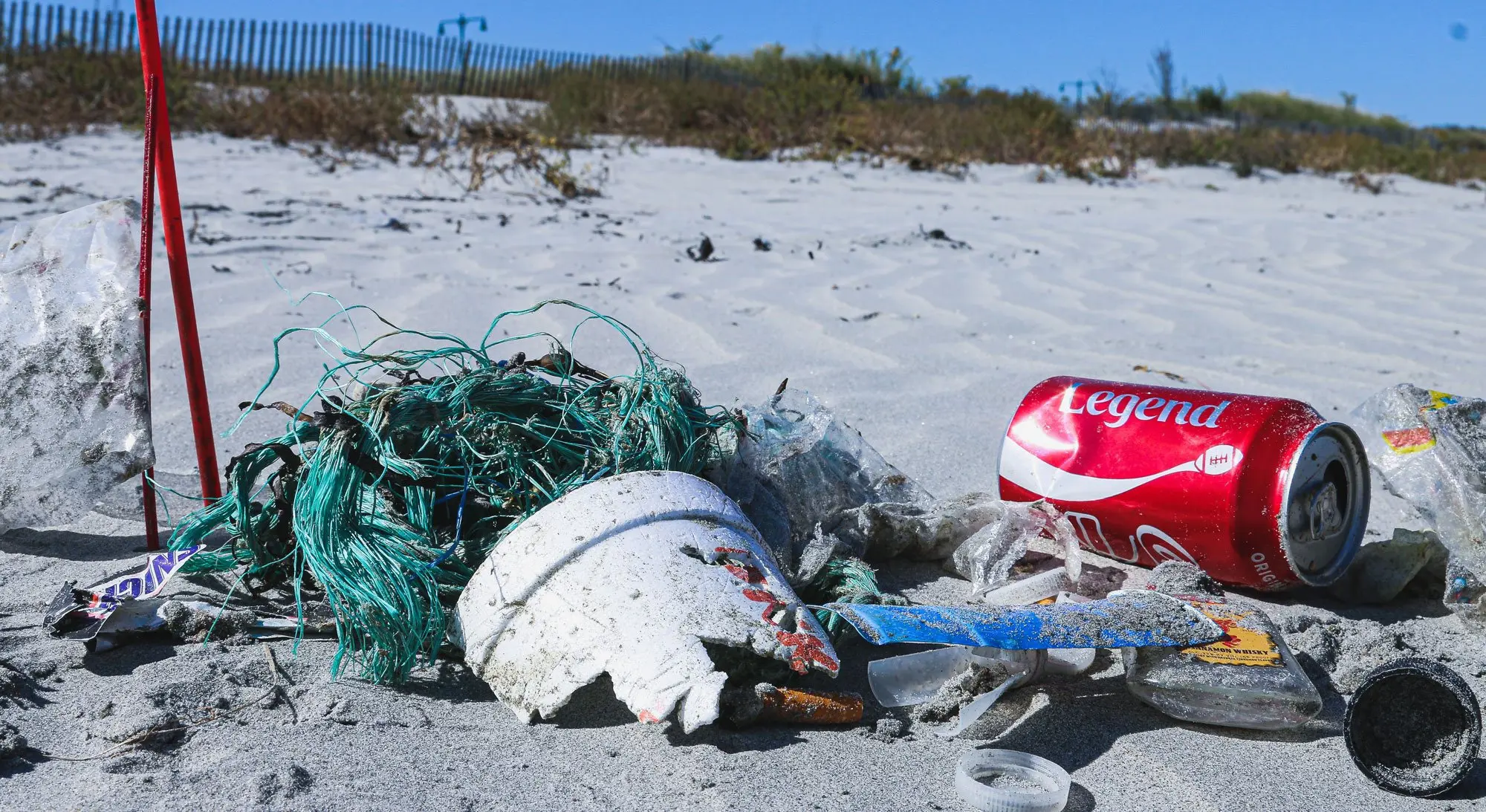

.png)

